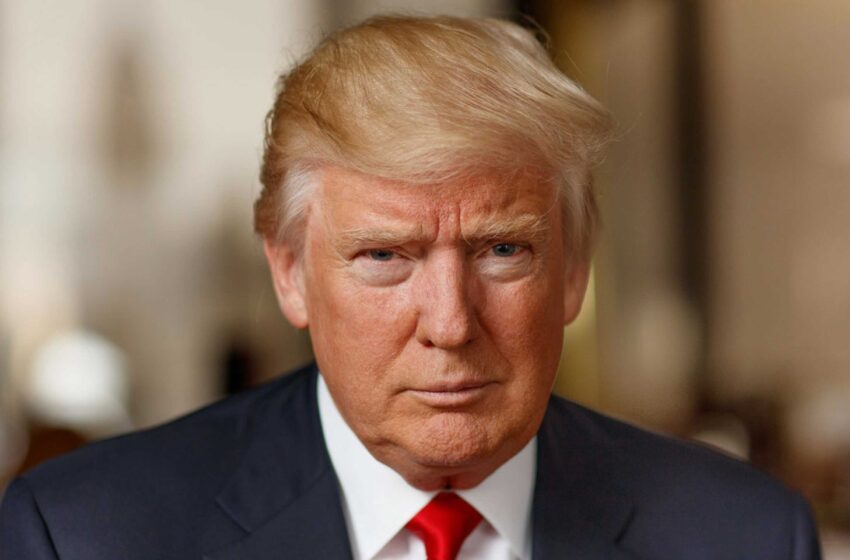H-1B visas: What proposed weighted system could mean for US workers and employers

Donald Trump. Picture: David Hume Kennerly/Getty Images
A proposed Department of Homeland Security (DHS) rule that could fundamentally change how H-1B visas are awarded has cleared a key hurdle, according to Bloomberg Law. The White House’s Office of Information and Regulatory Affairs (OIRA) has signed off on the measure, opening the door for it to be published in the Federal Register.
Under the proposal, the current random lottery system would be replaced by a “weighted selection process” that gives priority to applicants who meet certain benchmarks — such as higher wage offers or advanced educational qualifications. Supporters say this approach could favor more highly skilled or higher-paid foreign workers, while critics warn it may disadvantage smaller employers or entry-level candidates.
The H-1B program, capped at 85,000 visas per year, supplies tens of thousands of specialty-occupation workers to U.S. companies, particularly in the technology sector. Any change to selection criteria could shift employer hiring strategies — potentially encouraging companies to offer higher salaries to boost their chances in the new system.
Federal review clearance by OIRA typically precedes formal publication in the Federal Register, followed by a 30- to 60-day public comment period. The DHS plan mirrors elements of a 2021 proposal under former President Donald Trump’s administration, which sought to prioritize petitions by wage tiers. That earlier effort faced pushback, was withdrawn by the Biden administration, and was ultimately blocked in court.
The Institute for Progress, a nonpartisan think tank, has previously argued for ending the lottery entirely, claiming that ranking applicants by salary or seniority could raise the program’s economic value by as much as 88 percent.
For now, the proposed rule’s next step is public feedback — but if enacted, it would mark one of the most significant H-1B reforms in recent years.
Explainer: What the New H-1B Visa Proposal Means for U.S. Residents
The Department of Homeland Security’s proposal to replace the H-1B visa lottery with a weighted selection system could have ripple effects not only for foreign workers but also for U.S. residents, particularly in industries that rely heavily on specialized talent.
1. More Competition for Certain Jobs
If the new system prioritizes higher wages and advanced degrees, U.S. companies may focus their hiring on highly paid, highly qualified foreign workers. For American job seekers, especially in fields like technology, engineering, and finance, this could mean more competition at the top end of the market — but potentially fewer low- or mid-salary positions being filled by foreign hires.
2. Possible Wage Increases in Specialized Fields
One aim of the change is to incentivize employers to offer higher salaries to improve their odds of securing a visa for a candidate. This could lift pay scales in certain high-demand occupations, benefiting both foreign and U.S. workers in those industries. However, the impact would likely be felt most in large companies and well-funded startups, not smaller businesses.
3. Potential Shifts in Company Recruitment Strategies
Currently, the random lottery makes it equally likely for an entry-level software engineer and a PhD-level AI researcher to be selected. A weighted system would shift that balance, potentially driving companies to recruit more experienced, highly credentialed professionals from abroad — or invest more heavily in training U.S. residents to meet the same criteria.
4. Impact on Smaller Businesses and Rural Employers
Small and mid-sized firms — including those in rural areas — may struggle to compete on salary and benefits with tech giants. This could limit their access to foreign talent and force them to depend more heavily on the domestic labor market.
5. Long-Term Policy Shift in Immigration
For U.S. residents, the proposal reflects a broader move toward “merit-based” immigration policy that prioritizes skill level and pay. If adopted, it could reshape how foreign professionals enter the U.S. workforce, with possible trickle-down effects on wages, career opportunities, and industry innovation.
For U.S. residents, especially those in competitive or specialized industries, the rule could mean higher salaries but also stiffer competition. For some sectors, it might bring opportunities to train and promote domestic talent; for others, it could make hiring harder if they can’t match the wage levels the new system rewards.

